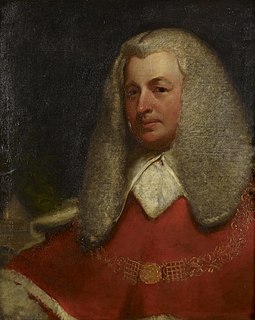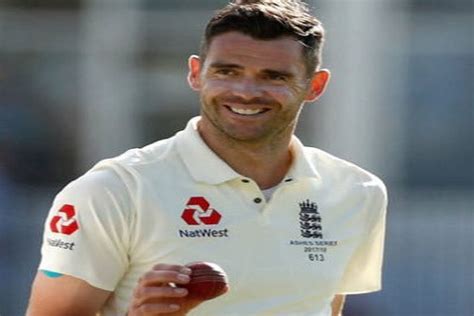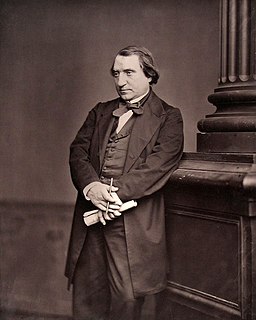A Quote by Edmund Burke
The body of all true religion consists, to be sure, in obedience to the will of the Sovereign of the world, in a confidence in His declarations, and in imitation of His perfections.
Related Quotes
The world is full of men who want to be right, when actually the secret of a man's strength and his pathway to true honor is his ability to admit fault when he has failed. God wants to fill the church with men who can say they are wrong when THEY ARE WRONG. A man who is willing to humble himself before God and his family and say: "I was wrong." will find that his family has all the confidence in the world in him and will much more readily follow him. If he stubbornly refuses to repent or admit he was wrong, their confidence in him and in his leadership erodes.
God's wrath is not an implacable, blind rage. However emotional it may be, it is an entirely reasonable and willed response to offenses against his holiness. But his love . . . wells up amidst his perfections and is not generated by the loveliness of the loved. Thus there is nothing intrinsically impossible about wrath and love being directed toward the same individual or people at the same time. God in his perfections must be wrathful against his rebel image-bearers, for they have offended him; God in his perfections must be loving toward his rebel image-bearers, for he is that kind of God
I judge a man by his actions with men, much more than by his declarations Godwards - When I find him to be envious, carping, spiteful, hating the successes of others, and complaining that the world has never done enough for him, I am apt to doubt whether his humility before God will atone for his want of manliness.
Let it not, therefore, be said that the Sovereign is not subject to the laws of his State; since the contrary is a true proposition of the right of nations, which flattery has sometimes attacked but good princes have always defended as the tutelary divinity of their dominions. How much more legitimate is it to say with the wise Plato, that the perfect felicity of a kingdom consists in the obedience of subjects to their prince, and of the prince to the laws, and in the laws being just and constantly directed to the public good!
It is God's earth out of which man is taken. From it he has his body. His body belongs to his essential being. Man's body is not his prison, his shell his exterior, but man himself. Man does not "have" a body; he does not "have" a soul; rather he "is" body and soul. Man in the beginning is really his body. He is one. He is his body, as Christ is completely his body, as the Church is the body of Christ
The master in the art of living makes little distinction between his work and his play, his labor and his leisure, his mind and his body, his information and his recreation, his love and his religion. He hardly knows which is which. He simply pursues his vision of excellence at whatever he does, leaving others to decide whether he is working or playing. To him he's always doing both.
Strange is the vigour in a brave man's soul. The strength of his spirit and his irresistible power, the greatness of his heart and the height of his condition, his mighty confidence and contempt of danger, his true security and repose in himself, his liberty to dare and do what he pleaseth, his alacrity in the midst of fears, his invincible temper, are advantages which make him master of fortune.
Never has any one been less a priest than Jesus, never a greater enemy of forms, which stifle religion under the pretext of protecting it. By this we are all his disciples and his successors; by this he has laid the eternal foundation-stone of true religion; and if religion is essential to humanity, he has by this deserved the Divine rank the world has accorded him.











































